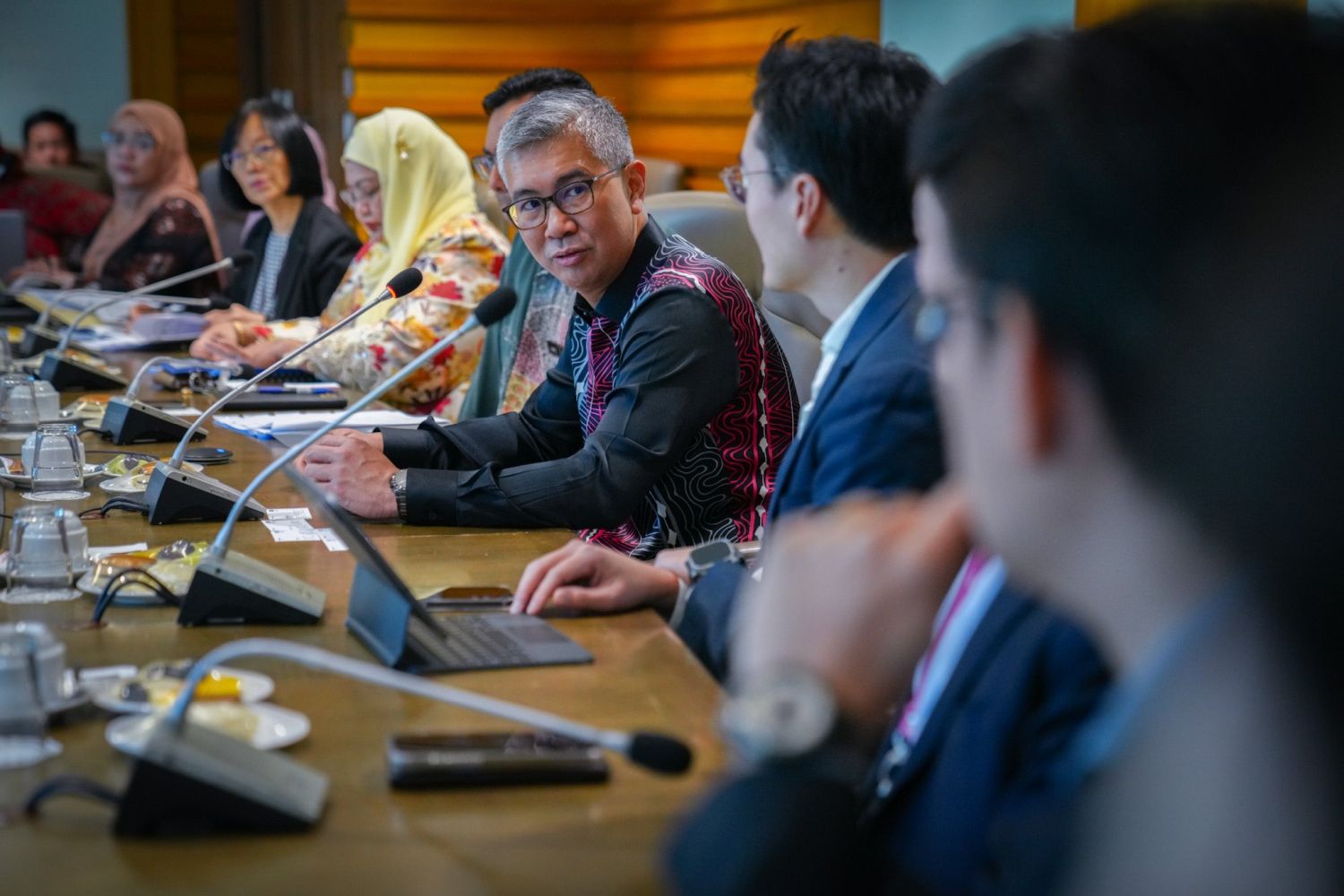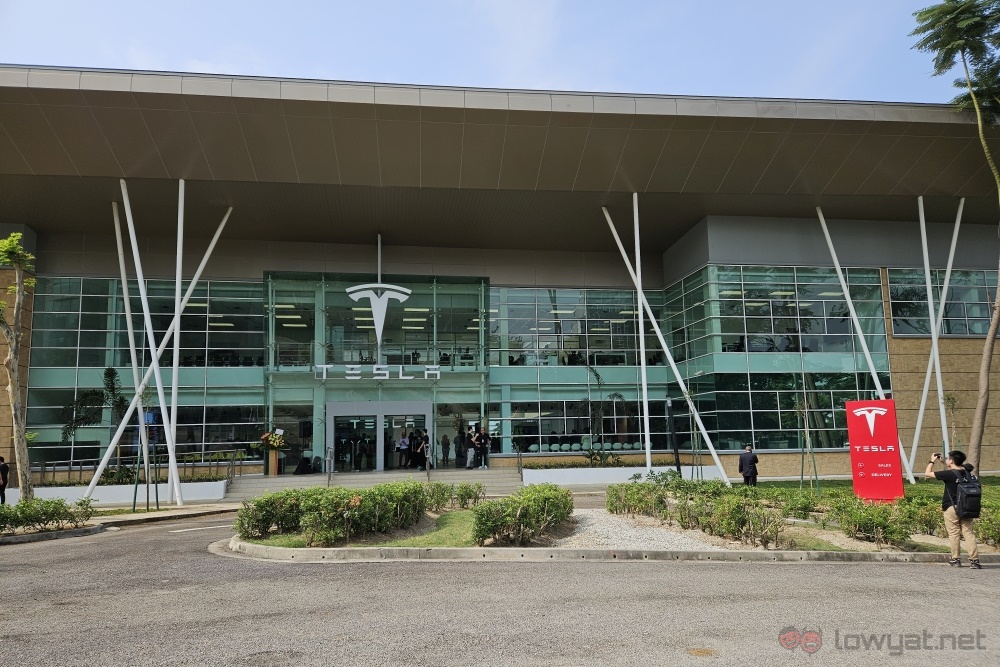Tesla’s potential move to establish a manufacturing plant in Malaysia remains under discussion, according to Investment, Trade and Industry minister Tengku Zafrul Abdul Aziz. He stated that the EV maker is evaluating commercial viability amid increasing competition in both regional and domestic markets.
Speaking in Dewan Rakyat on Thursday, Zafrul explained that Malaysia’s initial engagement with Tesla in 2023 focused on EV-related infrastructure, such as charging stations and sales operations. Talks regarding a possible local manufacturing plant are still ongoing.

He acknowledged that Tesla is contending with mounting global challenges, with its sales targets under pressure from rival brands offering more affordable and technologically advanced EV models. Other Southeast Asian countries are also vying for Tesla’s investment, but competition from emerging EV brands has made their efforts more challenging.
Currently, Tesla operates only one manufacturing plant in Asia, and any decision to establish a facility in Malaysia will ultimately depend on the company’s commercial strategy. Tesla’s expansion into Malaysia places it in direct competition with brands such as BYD, MG, Great Wall Motor, and Neta.

Reports have previously indicated that Tesla was reconsidering its expansion plans in Malaysia and other Southeast Asian markets, dampening expectations for a local assembly facility. However, the company continues to strengthen its presence in Malaysia through its direct sales model and the development of charging infrastructure, with investment talks still ongoing.
Zafrul emphasised that any foreign EV manufacturer looking to expand in Malaysia must adhere to the government’s Battery Electric Vehicle (BEV) Global Leaders initiative. This includes installing at least 50 ultra-fast chargers, with 30% of them being publicly accessible and compatible with multiple EV brands. Additionally, manufacturers must collaborate with at least 10 local firms to develop Malaysia’s charging ecosystem by working with local contractors for charger installations and sourcing components such as transformers and cables from domestic suppliers.
(Source: The Edge Malaysia)
Follow us on Instagram, Facebook, Twitter or Telegram for more updates and breaking news.



